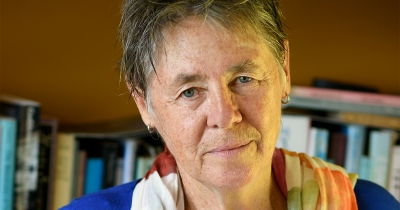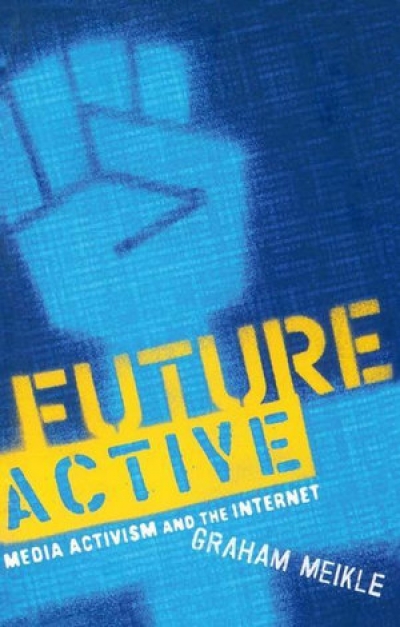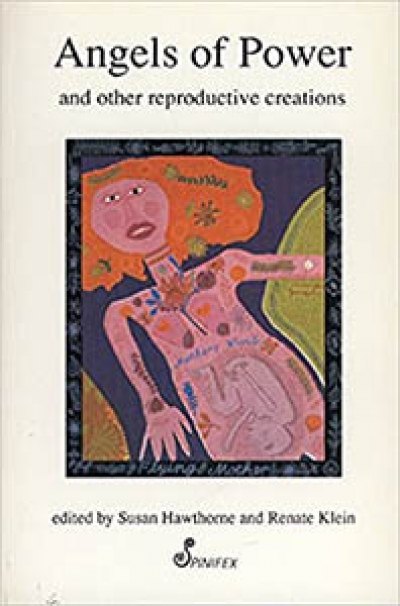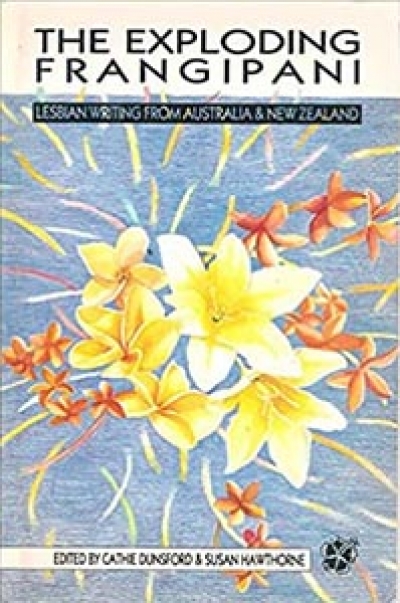Susan Hawthorne
Susan Hawthorne is the author/editor of thirty books of fiction, poetry, and non-fiction. Her latest book, Lesbian: Politics, culture, existence (Spinifex Press), interweaves her thinking about these subjects over a fifty-year period. She has worked in Indigenous education and has taught English as a second language to Arabic-speaking women. For fifteen years, she was an aerialist in two women’s circuses. She researched the torture of lesbians on which her novel Dark Matters is based.
... (read more)Future Active: Media activism and the internet by Graham Meikle
Never far from one’s mind these days, the events of September 11, 2001, and their direct aftermath in Afghanistan and elsewhere, had to be prominent in this month’s issue of ABR, such is their complex resonance and ubiquitous iconography. To complement Morag Fraser’s essay in this issue on the consequences of ‘September 11’ for civic ...





